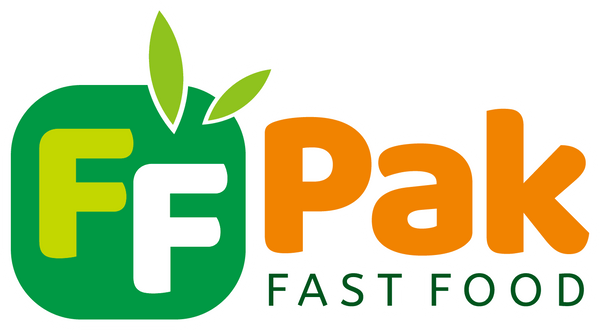Sustainable Innovations in Food Packaging
As the world becomes more conscious of the environmental impact of plastic waste, the food packaging industry is stepping up to the challenge. Sustainable innovations in food packaging are revolutionizing the way we store and transport our food, reducing our carbon footprint and helping to create a more sustainable future.
What are Biodegradable Packaging Materials?
Biodegradable packaging materials are made from natural substances that can break down into organic matter when exposed to the environment. These materials, such as plant-based plastics, paper, and compostable films, offer a more eco-friendly alternative to traditional plastic packaging.
How do Recyclable Packaging Solutions Help?
Recyclable packaging solutions are designed to be easily recycled after use, reducing the amount of waste that ends up in landfills. By using materials that can be recycled, such as glass, aluminum, and certain types of plastics, food companies are able to minimize their environmental impact.
Why is Sustainable Packaging Important?
Sustainable packaging is important because it helps to reduce the amount of waste generated by the food industry. By using materials that are biodegradable, recyclable, or compostable, food companies can minimize their impact on the environment and help to create a more sustainable future for generations to come.
What are the Benefits of Sustainable Food Packaging?
There are many benefits to using sustainable food packaging, including reducing greenhouse gas emissions, conserving natural resources, and protecting wildlife. Sustainable packaging also helps to build consumer trust and loyalty, as more and more people are looking for eco-friendly options when making purchasing decisions.
Overall, sustainable innovations in food packaging are helping to transform the industry and create a more environmentally friendly future. By choosing biodegradable, recyclable, and compostable materials, food companies can make a positive impact on the planet and help to preserve it for future generations.





